24, September 2018
Understanding Southern Cameroons vicious war of secession 0
A vicious war of secession has ravaged the two Anglophone regions of Cameroon since January 2018. Non-state militias warring with the government aim to create an independent Ambazonian state. While central Africa has seen its share of wars of secession (the majority of which culminate in an agreement between the parties), aspects of Cameroon’s secessionists distinguish them, and this war, from others.
To refer to the group in public by the wrong name amidst the wrong strangers could invite a beating or even one’s murder. Therefore, in public civilians refer to secessionists as the Amba, or the Amba Boys. Privately, those who support the secessionists refer to them as freedom fighters, restoration forces, or, the army. Those who oppose them refer to them as the boys, the Ambazonians, and the terrorists.
But Anglophone Cameroonians overwhelmingly view secessionists positively. This is so even when they object to their tactics. For instance, secessionists call for Ghost Towns, or city-wide strikes every Monday. They call, too, for boycotting all primary and secondary schools. A secondary school teacher in the Southwest Anglophone capital region of Buea noted, “I don’t agree with preventing children from going to school, but I support the secessionists’ aims. Therefore, I tolerate it.” Others, like this 35-year-old entrepreneur in Buea, say, “I completely support all actions the freedom fighters take, and I am honored to keep my daughter from school. Students are just pawns of the Cameroonian president.” When asked whether targeting children and teachers was legitimate he added, “Yes, they are supporting the Biya regime.”
This perspective is not limited to the Anglophone regions. Anglophones in Francophone Cameroon like this cab driver in the country’s largest city, Douala, say, “Francophone Cameroonians do not understand the Anglophones’ plight. They assume everything the freedom fighters do is bad. They never listen to us, and cannot be trusted, so, independence is our only option.”
During the first few months of the conflict, the secessionists generally targeted only those who disobeyed their orders, or who they suspected had government affiliations. This has changed drastically in recent months. In villages and cities spanning both Anglophone regions, the secessionists extort, kidnap, and rape civilians. Public opinion seems increasingly impervious to such offenses. The secessionists lack a central command, and so when rape or extortion occurs people are quick to pin it on imposters, not the real secessionists.
Such deflections are not entirely without merit. There are more than 20 secessionist groups fighting in the two Anglophone regions at the time of this writing in September of 2018. The majority of these arose during the summer, correlating directly with the violence spike against civilians. Additionally, the so-called interim Ambazonian government has condemned all attacks and denied all responsibility. Such refutations are near impossible to verify given the informal secessionist structure which often as not is controlled from outside Cameroon.
Interestingly, purported, legitimate secessionists have punished others for abusing civilians. In August, secessionist leaders in Buea apprehended, publicly beat, and disposed of four people. The four were extorting locals supposedly on behalf of the secessionists. At the same time, however, individuals claiming separatist affiliations continue extorting civilians without punishment.
Which brings us to this tale’s central oddity: Anglophone Cameroonians attribute magical powers, or juju, to those who they believe to be legitimate secessionist fighters. They believe secessionist fighters adhere to strict codes of conduct that abhor rape, murder, and extortion. They believe in return for abiding by these rules the secessionists can shapeshift and are impervious to bullets and knives. The Cameroonian military has repeatedly turned its weapons over to secessionist fighters without a fight. Secessionist fighter deaths fail to dispel the illusion. They are proof that the fighters broke the conduct code or were illegitimate secessionists in the first place. As Cameroon’s crisis worsens, understanding the socio-cultural underpinnings of the conflict remains critical.
Source: Modern Ghana
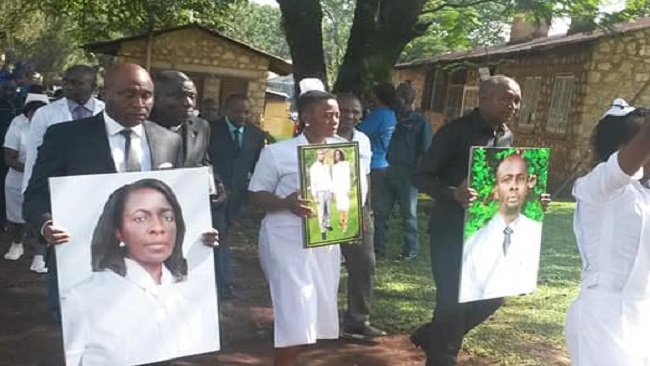

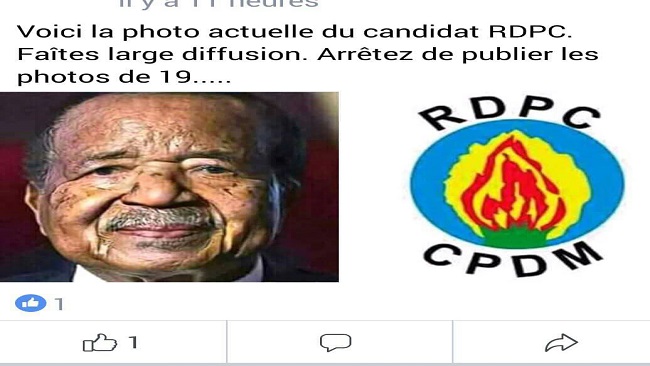
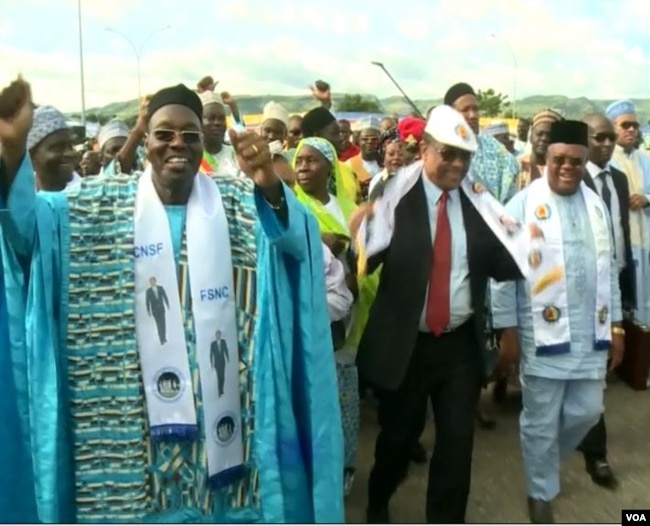
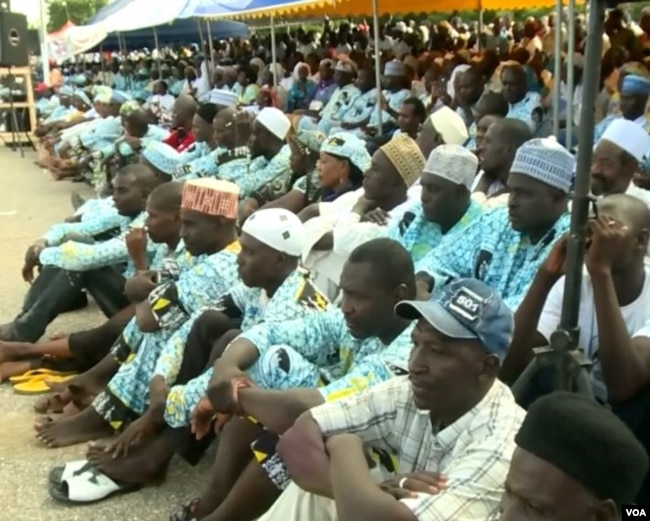
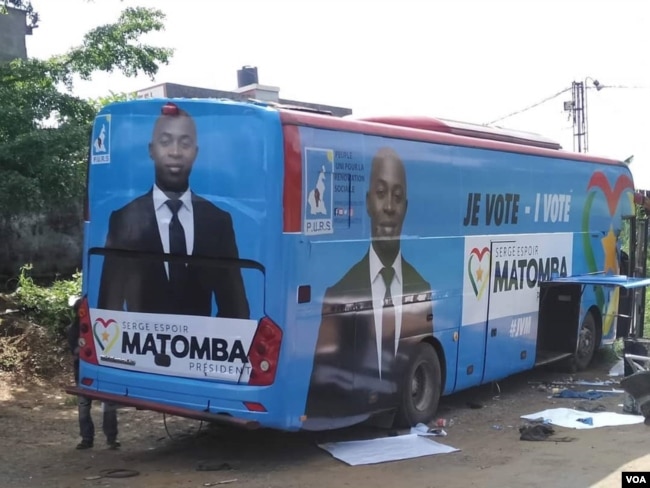
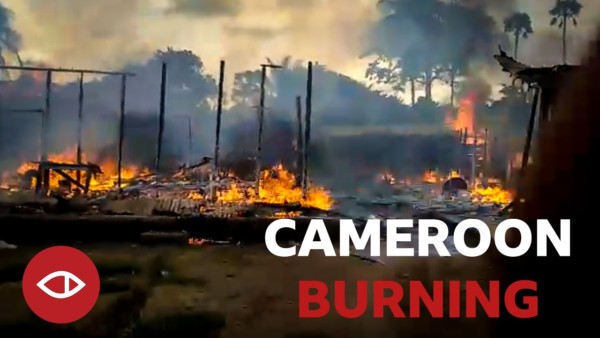
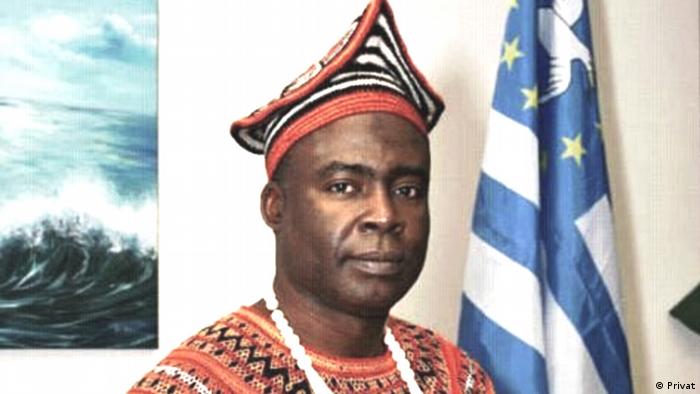
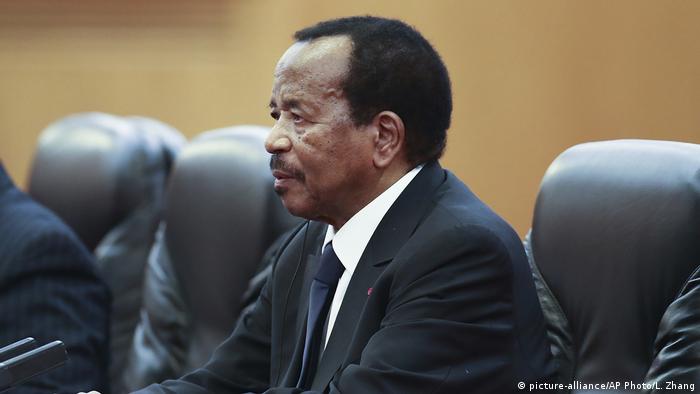
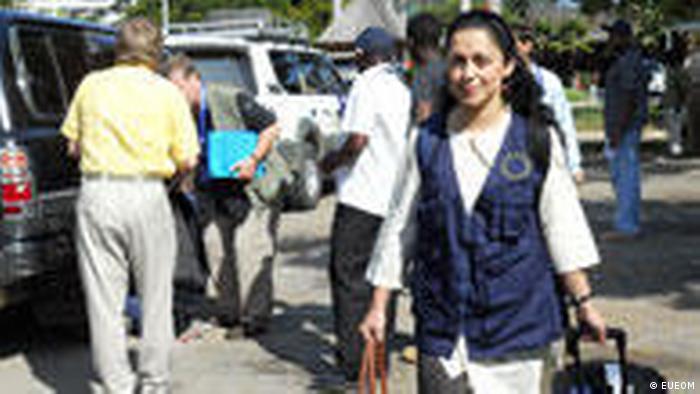 The European Union routinely monitors elections in Africa
The European Union routinely monitors elections in Africa
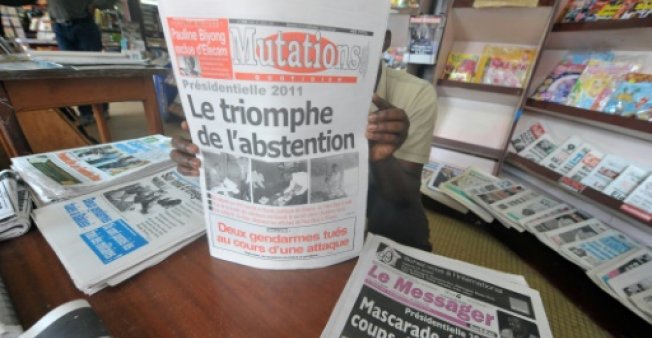

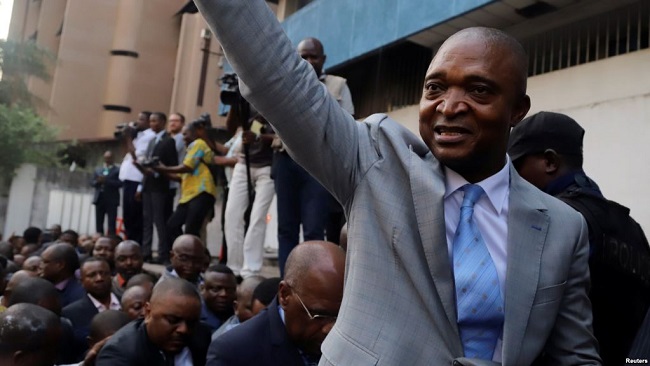



















1, October 2018
Southern Cameroons conflict, rooted 100 years ago 0
Cameroon elects its president on October 7 against the backdrop of bloody violence in its two separatist English-speaking regions, which have vowed to not let voting take place.
Tensions can be traced back to events a century ago when Britain and France occupied Cameroon, taking over Germany’s major colony in West Africa.
Some background:
World War I split
Cameroon was a German colony until 1916, when British and French troops forced the Germans out.
The two countries divided it into separate spheres of influence that were later formalised by the League of Nations, the forerunner to the UN.
The much larger French colony gained independence in 1960.
A year later, the British colony also gained independence. Some of the English-speaking areas chose to join newly formed Nigeria, others to become part of the federation of Cameroon.
In 1972 the Cameroon’s federal structure was scrapped and it became one state.
English-speaking minority
Cameroon’s two mainly English-speaking southern provinces are home to around a fifth of its 23 million population.
Named the Northwest Region and Southwest Region, they jut into southeastern Nigeria.
The English-speaking areas are allowed some self-governance and national authorities have made concessions to their language, for example opening bilingual schools.
But many English speakers complain of discrimination at the hands of the francophone majority in education, the justice system and the economy.
Disputed ‘unity’
Calls for a breakaway English-speaking state mounted in the 1990s, with demands for a referendum on independence accompanied by low-level unrest.
In 2001 banned protest rallies turned violent. Several people were killed when security forces moved in and secessionist leaders were arrested.
The separatist Southern Cameroons National Council (SCNC) set up a “government” in Britain and leaders moved into exile.
2016 flare-up
There was a new outbreak of tensions in November 2016.
Lawyers in two regions, which are also strongholds for the political opposition, went on strike to demand the right to use Anglo-Saxon common law.
Teachers followed, protesting at the appointment of francophones in the regions’ education system.
The following month the national flag was torched at protests and a separatist version hoisted.
Demands for greater autonomy were rejected by President Paul Biya, in power for more than 35 years, leading to an escalation.
In 2017 anglophone separatists took up arms, attacking security forces and torching symbols of the administration, such as schools.
They kidnapped police officers, civil servants and businessmen, sometimes foreigners.
Biya branded the secessionists “a band of terrorists” and ordered a crackdown with curfews, raids and other restrictions.
In January 2017 senior secessionist activists were arrested and charged with terrorism and rebellion.
In an apparent effort to calm the situation Biya halted the secessionists’ trials in August.
In October separatists made a symbolic declaration of independence. “We are no longer slaves of Cameroon,” said Sisiku Ayuk Tabe, the self-declared “president” of a new republic called “Ambazonia”.
2018: election threat
The standoff has escalated into daily acts of violence.
It had degenerated into a “civil war”, the main opposition Social Democratic Front (SDF) said in April.
The International Crisis Group said in September that at least 400 civilians and 170 members of the security forces had been killed in a year.
The government says that 109 members of the police and security forces have been killed. The separatists have not issued a reliable toll.
Around 200,000 people have fled their homes.
Amnesty International has condemned a “horrific escalation of violence” and called for an investigation into crimes by both sides.
Hundreds of families have been fleeing the regions in advance of the October 7 vote, fearing an upsurge in violence.
Source: AFP